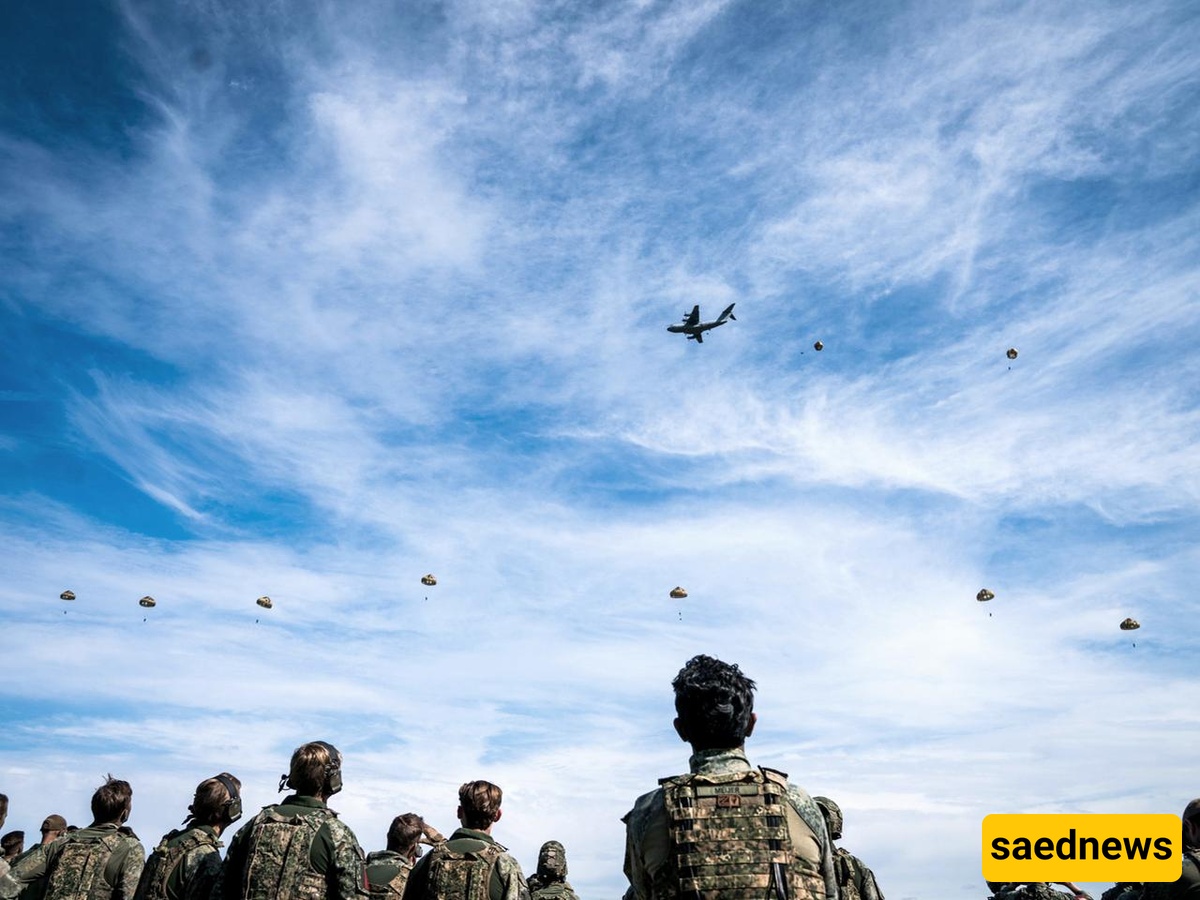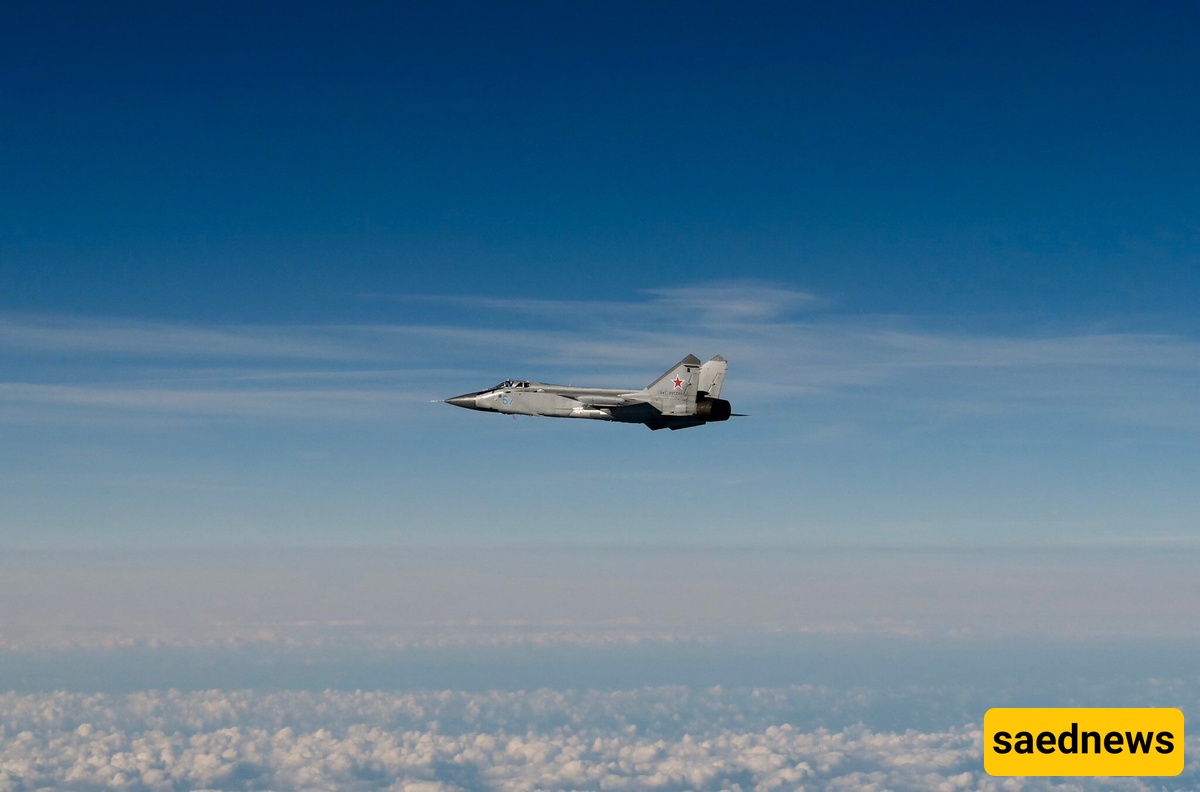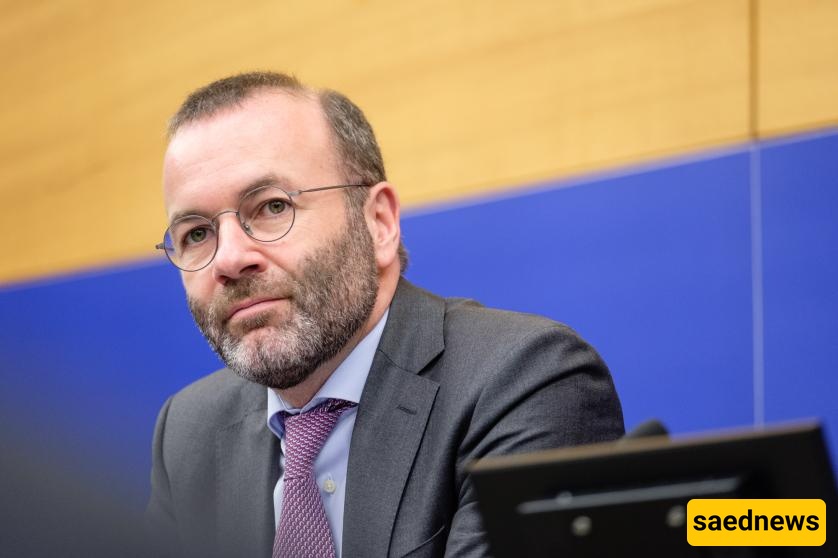SAEDNEWS: NATO will hold urgent consultations after Estonia accused Russian fighter jets of violating its airspace. The incident has raised fears of escalation in Europe, with calls for stronger air defense.

According to Saed News; NATO has confirmed that its council will meet early next week to address a request from Estonia, which reported that three Russian fighter jets entered its airspace without permission. The incident, Tallinn argues, poses a direct threat to its sovereignty and regional stability, triggering consultations under Article 4 of the North Atlantic Treaty.
According to Estonian officials, the fighter jets were intercepted by NATO aircraft before leaving the country’s airspace. Moscow, however, has denied any wrongdoing, rejecting the allegations as “baseless.”
The timing of the intrusion has fueled alarm across the alliance, particularly as Russia continues to maintain an assertive military presence near NATO’s eastern flank.
Adding to concerns, Poland reported a separate violation just hours later. Two Russian jets reportedly flew dangerously low over a Baltic Sea oil platform, entering the rig’s safety zone. While no damage was reported, the maneuver was described as provocative and potentially destabilizing.
Both incidents, occurring within a single day, have intensified fears of a pattern of deliberate Russian brinkmanship aimed at testing NATO’s readiness and resolve.

Estonia’s request for consultations under Article 4 is significant. The provision is rarely used and is reserved for situations where a member state believes its territorial integrity, political independence, or security is under threat.
In the past, Article 4 has been invoked by countries such as Turkey and Poland during moments of acute regional tension. Estonia’s move signals that Tallinn considers the latest Russian actions not merely an isolated incident, but a potential precursor to wider conflict.
Reacting to the developments, Manfred Weber, leader of the European People’s Party in the European Parliament, called for “a strong and united European air defense system.” Weber argued that Europe must reduce its reliance on the United States and develop its own coordinated strategy to protect against air threats.

“The security of Estonia, Poland, and every NATO member is the security of all Europe,” Weber stated. “Russia’s actions prove once again that deterrence and defense cannot be taken for granted.”
Analysts suggest that Moscow’s alleged airspace violations serve multiple purposes. On one hand, they test NATO’s response times and resolve. On the other, they send a message to Baltic and Eastern European nations that Moscow can project power at will.
Dr. Kristi Raik, an expert on Baltic security, told Estonian media: “This is hybrid pressure in action. Russia combines disinformation, military provocations, and political messaging to destabilize its neighbors.”
Moscow’s denials, she noted, are consistent with its broader strategy of maintaining plausible deniability while escalating pressure on NATO’s borders.
The incidents come at a time of heightened tension between Russia and the West. Despite ongoing diplomatic efforts, relations remain frozen, with mutual accusations of aggression and destabilization.
For NATO, the challenge is balancing deterrence with escalation management. Immediate military retaliation could risk spiraling confrontation, while a weak response could embolden further Russian incursions.
For Estonia, Poland, and other frontline states, NATO’s response will serve as a litmus test of alliance unity. Failure to act decisively could fuel doubts about NATO’s collective security guarantees under Article 5, the cornerstone of the alliance.
Meanwhile, for Western European members, the priority may be avoiding escalation while reinforcing deterrence. This divergence in threat perception could complicate consensus-building within the alliance.
The NATO Council meeting is expected to produce a unified statement condemning the violations and pledging enhanced air patrols over the Baltic region. However, whether this will deter further Russian provocations remains uncertain.
For now, the Baltic skies remain a flashpoint — one miscalculation away from triggering a crisis that could redefine European security in 2025.

